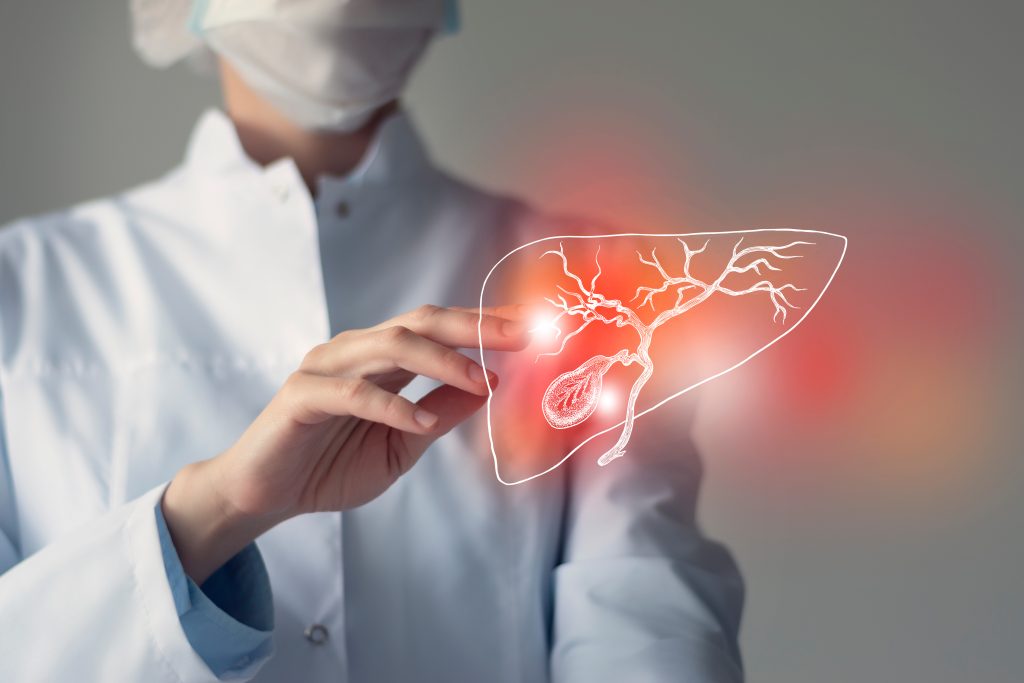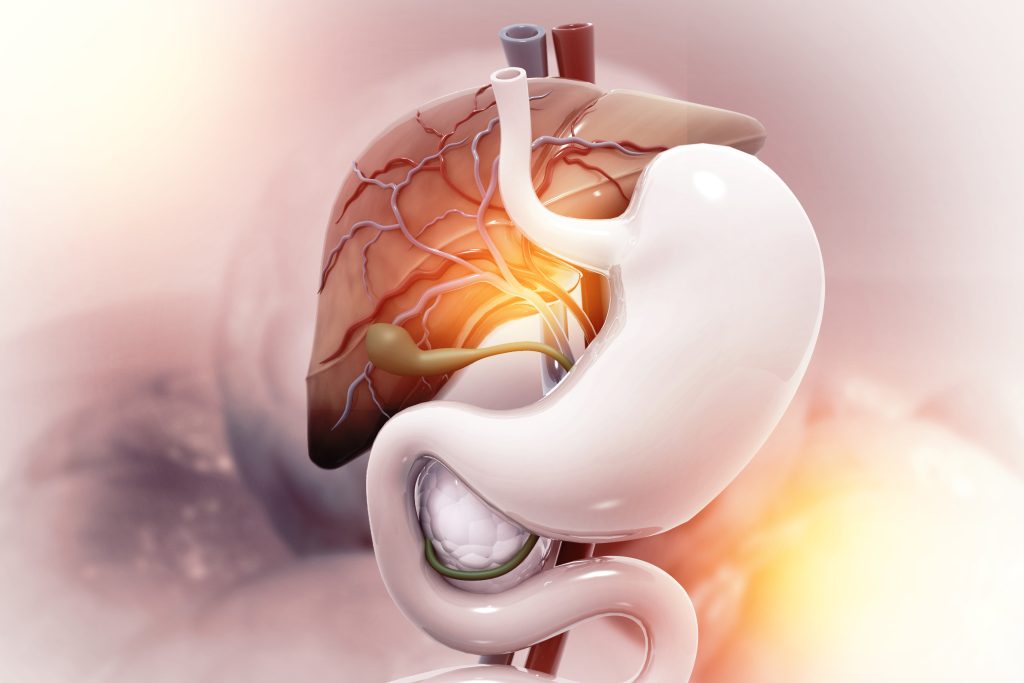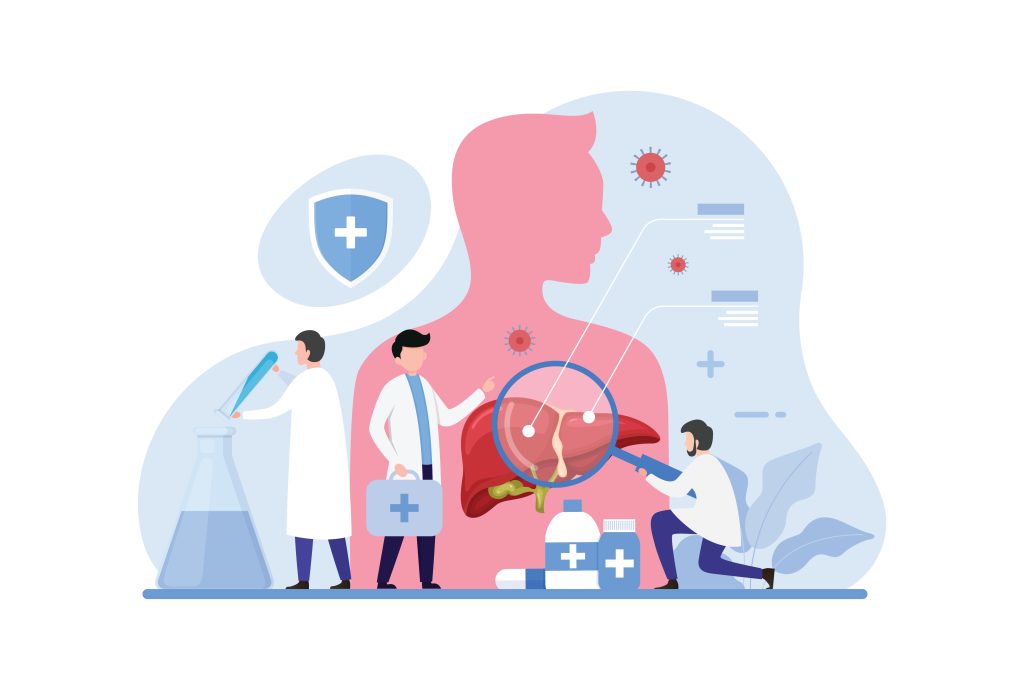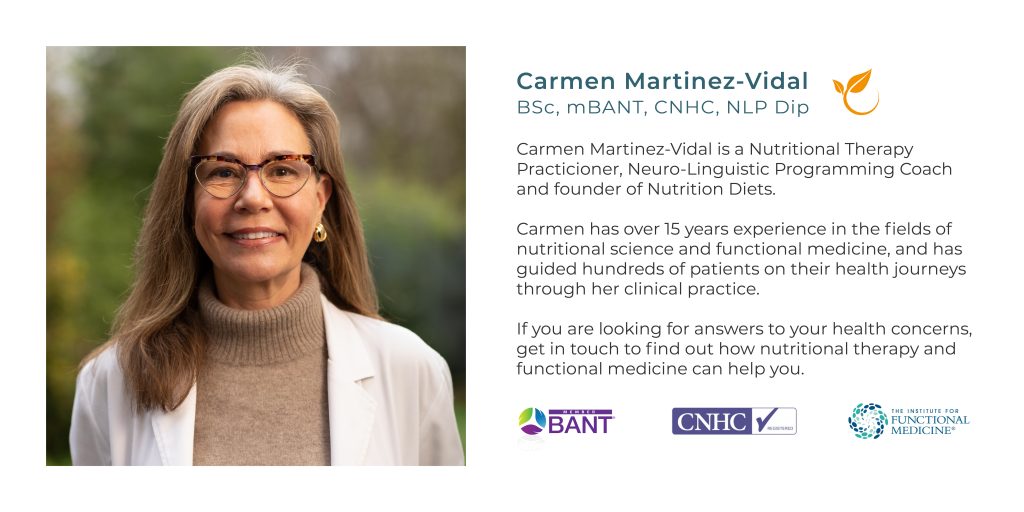THE ROLE OF BILE IN DIGESTION
Bile is a digestive secretion primarily made of cholesterol, bile salts, and bilirubin, produced in the liver and stored in the gallbladder. It helps break down fats into a form that you can digest and absorb from food, making it a vital component for nutrient absorption. However, poor bile flow can lead to malnutrition and accumulation of toxins in the body. In this post, we will discuss the functions of bile, the link between bile and the liver & gallbladder, and the symptoms of poor bile flow.

WHAT IS BILE?
Bile has several functions in the body. It helps in the digestion of fats, absorption of fat-soluble vitamins (Vitamins A, D, E, & K), and excretion of bilirubin and excess cholesterol. Bile also stimulates peristalsis, a wave-like muscular action that propels food matter and waste through the intestines. It also contains waste products that are passed through the intestines and released through faeces. Poor bile flow can result in malnutrition and the accumulation of toxins in the body which can contribute to unwanted bacterial growth, chronic inflammation, and weight gain.

WHAT IS THE LINK BETWEEN BILE, THE LIVER & THE GALLBLADDER?
The liver filters toxins from the body, stores energy and nutrients, and produces bile for fat digestion. The gallbladder stores bile in quantities to be released after you consume a meal. The combined role of the liver and gallbladder ensures proper fat metabolism and excretion of unwanted toxins from the body.
WHAT HAPPENS WHEN THE GALLBLADDER IS REMOVED?
While the gallbladder does an important job of storing bile, it’s not a vital organ. If you have gallstones or a rare condition like gallbladder cancer, your doctor may advise removing it. Gallstones that don’t cause any signs and symptoms typically don’t need treatment.
HOW DO I KNOW IF MY GALLBLADDER IS FAILING?
Gallstone pain may last several minutes to a few hours. Gallstones may cause no signs or symptoms, but if they lodge in a duct, they can cause:
- Abdominal pain
- Nausea and/or vomiting
- Bloating and/or indigestion
- Heartburn
- Diarrhoea
- Constipation
- Dark urine
- Pale stools
- Loss of appetite and weight loss
WHAT ARE THE SYMPTOMS OF POOR BILE FLOW?
Obstructed bile flow can lead to:
- Weight gain
- Headaches
- Low energy
- Digestive complications
- Inflammatory skin conditions like acne and eczema
- Chemical sensitivities due to toxic buildup
- Fibromyalgia
WHAT IS BILE ACID MALABSORPTION?
When you eat, your gallbladder contracts and releases bile into your stomach. Once the bile is in your stomach and small intestine, the acids in the bile help break down food and nutrients for proper absorption. In your colon, bile acids are reabsorbed back into your bloodstream so they can be used again.
Bile acid malabsorption (BAM) is a condition that occurs when your intestines can’t absorb bile acids properly. This results in extra bile acids in your intestines, which can cause watery diarrhoea and although BAM has been associated with diarrhoea for nearly 50 years, it remains an under recognised and under-diagnosed cause of chronic diarrhoea.
Book a Free Discovery Call
Discuss your health concerns with a practitioner to see how functional medicine can get your health on the right track.

HOW CAN I IMPROVE MY LIVER & GALLBLADDER HEALTH?
Your liver and gallbladder are two crucial organs that play a significant role in the digestive and detoxification processes of your body. To ensure optimal liver and gallbladder health, here are some nutrition tips and advice:
1. MAKE DIETARY CHANGES TO REDUCE BAM
If you suffer from bile acid malabsorption (BAM), dietary changes may help reduce episodes of diarrhoea. Bile is required for fat digestion, which means your body releases more bile and bile acids when you eat a lot of high-fat foods.
A healthy diet rich in nutrients, antioxidants and low in unhealthy fats, sugar and processed foods is key to supporting optimal liver and gallbladder function. Focus on incorporating a variety of fruits, vegetables, whole grains, lean proteins and healthy fats (such as avocados, fatty fish, nuts) in your diet.
2. EAT FOODS TO IMPROVE BILE FLOW
To improve bile flow, consider incorporating the following foods into your diet:
- Organic acids from apple cider vinegar, lemons, and limes
- Bitter herbs such as parsley, cilantro, dandelion, and milk thistle
- Warming spices like ginger, turmeric, and cinnamon
- Prebiotic foods like artichokes, radishes, asparagus, and garlic
- Beets, chicory, and rocket
3. STAY HYDRATED
Drinking enough water is important to maintain optimal liver and gallbladder function. Water helps flush out toxins from the body, preventing buildup in the liver and gallbladder.
4. GET REGULAR EXERCISE
Regular exercise can help improve liver and gallbladder health by promoting better blood flow, reducing inflammation and aiding in detoxification.
5. AVOID EXCESSIVE ALCOHOL CONSUMPTION
Excessive alcohol consumption can lead to liver damage, so it is important to limit your alcohol intake to moderate levels or avoid it altogether.
6. CONSULT A NUTRITIONAL THERAPIST
If you are experiencing symptoms or have concerns about your liver and gallbladder health, seek the advice and support of a qualified nutritionist. They can help provide a proper diagnosis and treatment plan tailored to your individual needs.
7. CONSIDER FUNCTIONAL TESTING
To determine whether you have optimal bile levels, consider Functional testing, such as a comprehensive stool test. This can assess your bile levels, malabsorption and digestion (including gut flora) and help identify any underlying issues that may be impacting your liver and gallbladder function. The results of your test can then aid in developing a personalised plan with a practitioner to improve your liver and gallbladder health.
YOUR HEALTH. YOUR CHOICE.
Bile plays a crucial role in proper digestion and absorption of nutrients. If you’re experiencing issues with digestion, poor bile flow could be the culprit.
We offer thorough clinical assessment via easy and convenient online consultations, personalised nutritional therapy solutions and comprehensive Functional testing.
Speak to one of our expert practitioners to get to the root cause of your symptoms.
